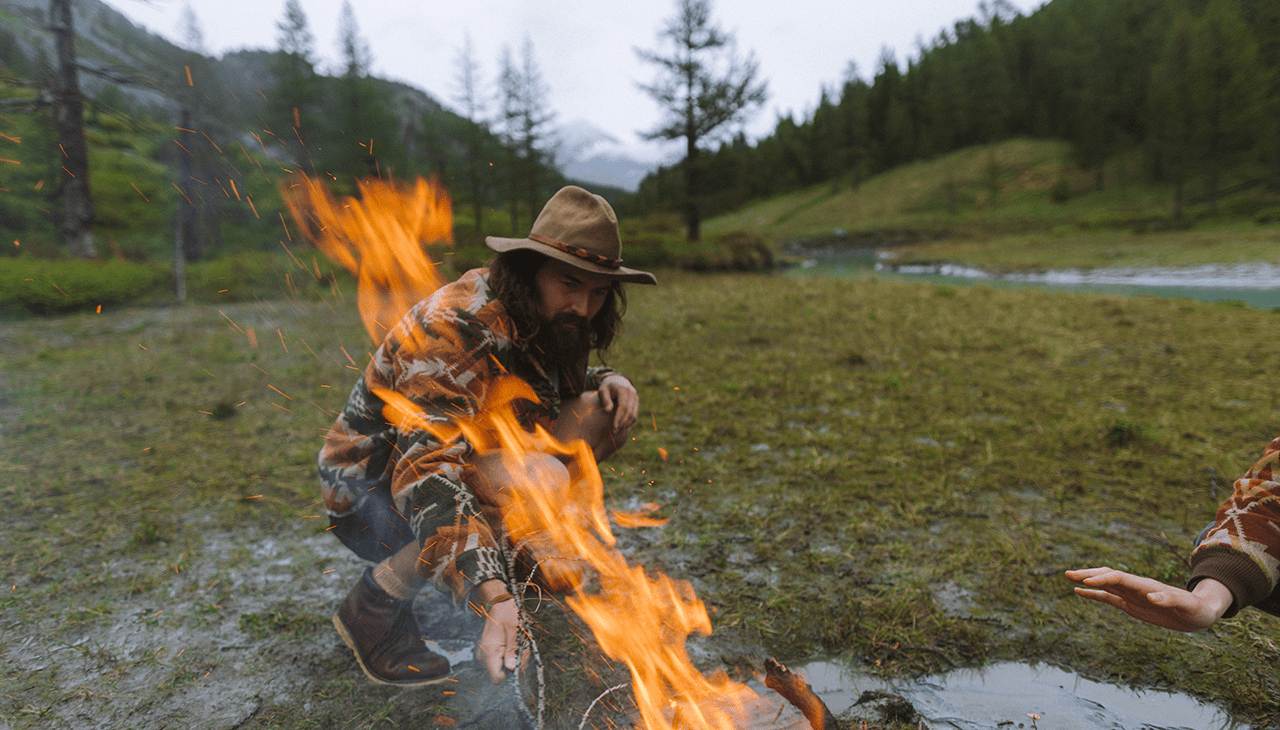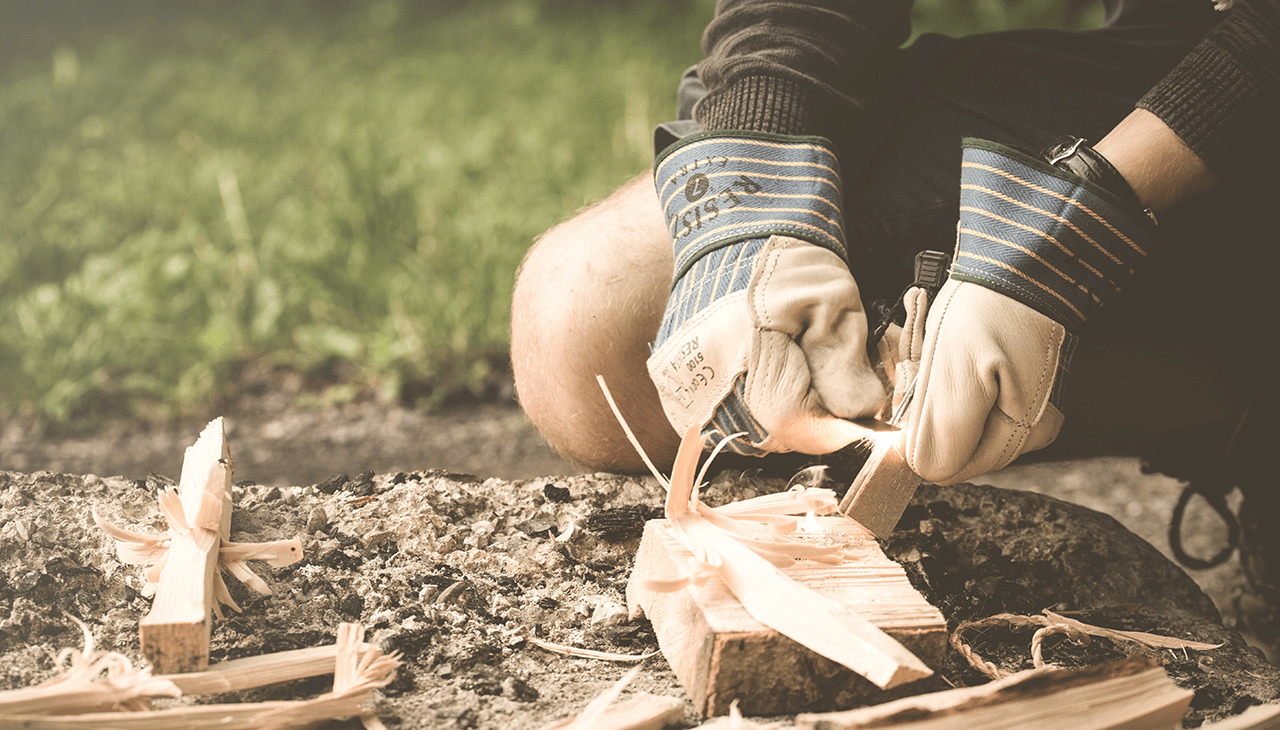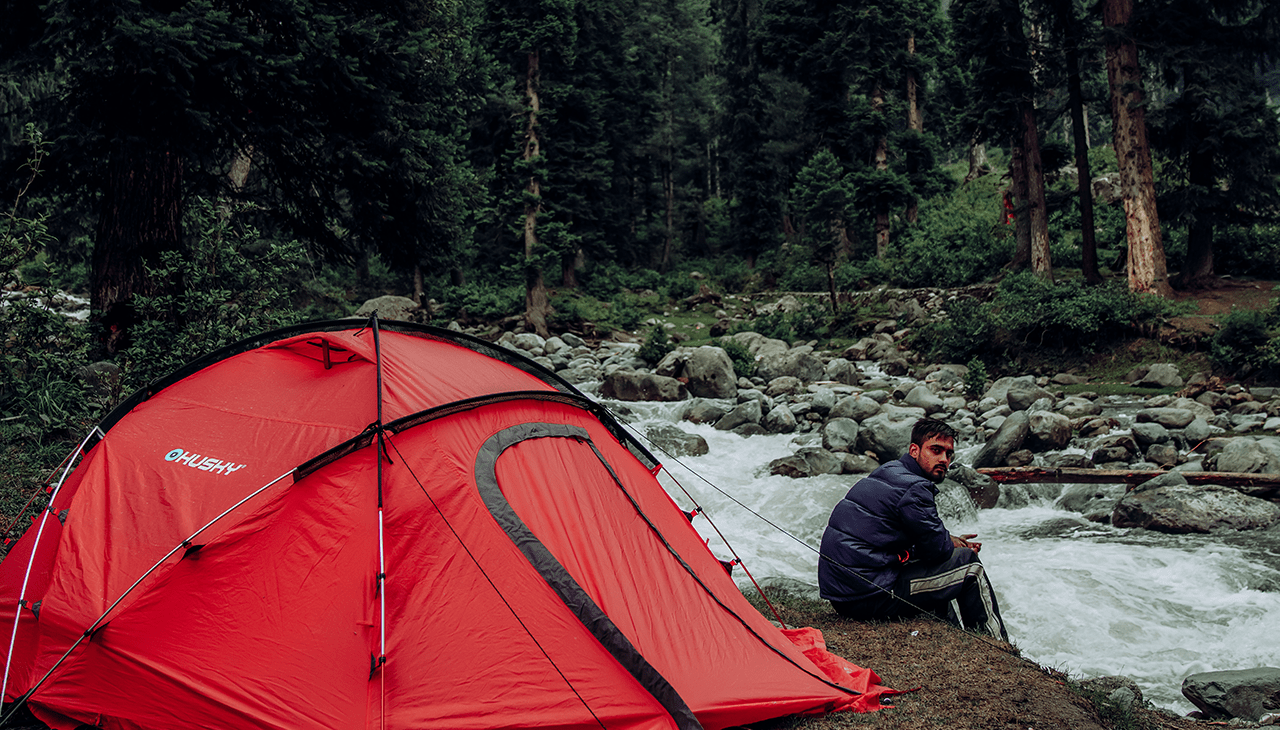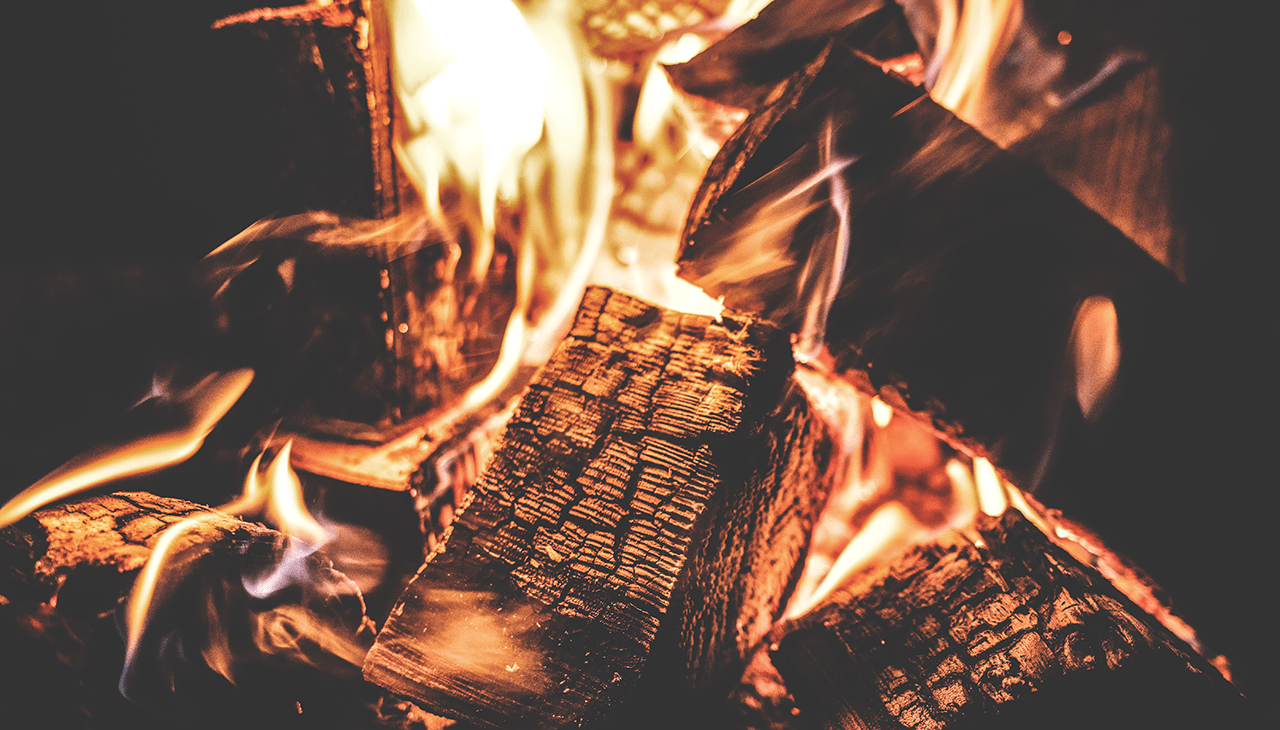Hunting has long been a part of human history, and its evolution is something to be celebrated. Hunting has seen immense changes in recent years due to changing demographics and emerging trends that have made it accessible to more people across the globe. Much like how technology is revolutionizing almost every other industry, hunting too is being adapted with a renewed focus on safety, sustainability, and conservation. Whether you’re an avid hunter or just starting on your own adventure into the sport – this blog post will uncover all there is to know about the future of hunting!
Overview of hunting demographics – Who is participating in hunting, and who could be the next generation of hunters
Hunting is no longer the prerogative of a select few. It’s estimated that over 13 million Americans now actively pursue it as a hobby or profession, and this number is only growing. Interestingly, what was once considered to be an exclusively male-dominated sport has seen its dynamic shift in recent years; with more women heading out on hunts than ever before! Similarly, there’s also been an increase in awareness among the younger generation – with teens increasingly taking part in hunting activities such as archery and target shooting. With these new additions to the hunting family – we can expect to see even greater participation levels in years to come.
The rise of technology – How technological advancements are changing the game for hunters
Technology is transforming the way hunting is conducted, from the tools and equipment hunters use to the way they track and communicate. These advancements make hunting more convenient, efficient, and safe. Here are some of the ways technology is changing hunting:
GPS and Mapping Tools
GPS and mapping tools have revolutionized the way hunters navigate and locate hunting areas. With GPS, hunters can mark the locations of stands, blinds, and other key landmarks, and track their movements through the woods. Mapping tools also provide detailed information on terrain, topography, and hunting regulations, making it easier to plan for a successful hunt.
Trail Cameras and Drones
Trail cameras and drones have become popular tools for scouting hunting areas. Trail cameras can be used to survey animal activity and patterns, while drones can provide aerial views to identify preferred habitats and travel corridors.
Advanced Hunting Gear
Advancements in hunting gear have made hunting more efficient and comfortable than ever before. High-tech clothing made from advanced fabrics provides warmth and insulation and can repel water and wind. Modern binoculars have advanced optics that provide clearer and sharper images, even in low-light conditions. Range-finding scopes can also help hunters determine the distance of their shots more accurately.
Communication and Safety Devices
Communication and safety devices have made hunting safer and more efficient. Radios and satellite phones enable hunters to stay in touch with each other, even in remote areas without cell phone service. Personal locator beacons can also be used to send a distress signal in case of emergency, making it easier for rescuers to locate hunters in remote areas.
Hunting Apps
Hunting apps are becoming increasingly popular, with many providing features such as weather conditions, hunting regulations, and mapping tools. These apps can help hunters plan and execute their hunts more effectively.
Female Involvement in Hunting – How Women are Leading the Charge in modernizing hunting
Women have long played an integral role in Conservation efforts, but they are increasingly taking on active roles as hunters too. The rise of female hunters is credited largely to organizations such as Shehunts, which works to educate and empower women in the sport. From offering classes and workshops designed specifically for female hunters, this organization has been instrumental in getting more women involved. The result is a greater diversity of perspectives now shared around hunting tables – something that could prove invaluable for making informed decisions about conservation efforts.
Social media’s role in hunting – Exploring how social media platforms help hunters share their experiences
Social media has been an important tool for hunters to connect with others who share the same passions. Platforms such as Instagram enable aspiring hunters to learn from those who have years of experience under their belt; while also inspiring newcomers looking to make their first steps into the world of hunting. Not only do these networks help facilitate the sharing of information and tips – they also enable passionate hunters to engage in dialogue with like-minded individuals; something that could be key when it comes to discussing effective conservation efforts.
Emerging trends in hunting gear – Looking at innovations to increase safety and make the hunt more enjoyable
The past decade has seen several advancements in hunting gear, ranging from sophisticated camouflage patterns to improved firearm technology. Wearable items such as GPS trackers are also proving popular with hunters looking for ways to stay safe whilst out on a hunt. Similarly, technological advances have made way for safer ammunition types such as electric cartridge rounds – allowing for better accuracy without putting the environment or wildlife at risk. Finally, many new accessories such as motion-activated game calls and laser sights are helping make the hunt more enjoyable for participants.
It is clear that hunting continues to evolve; with a growing number of people getting involved each year, and a rise in technological advancements providing hunters with safer and more enjoyable ways to take part. Whilst the face of modern hunting may be changing, the underlying motivations remain much the same – conservation and community. As our understanding of these topics grows, it will no doubt be exciting to see how far we can push the boundaries of this timeless pursuit.




